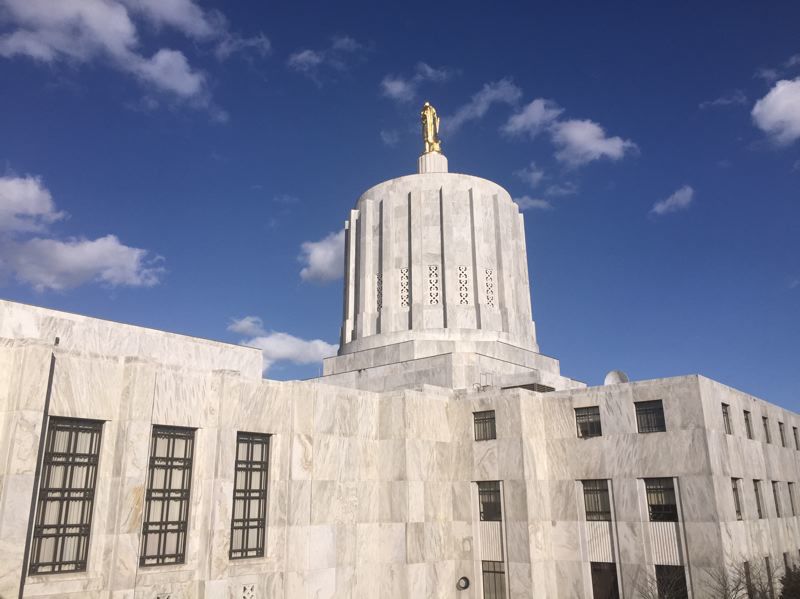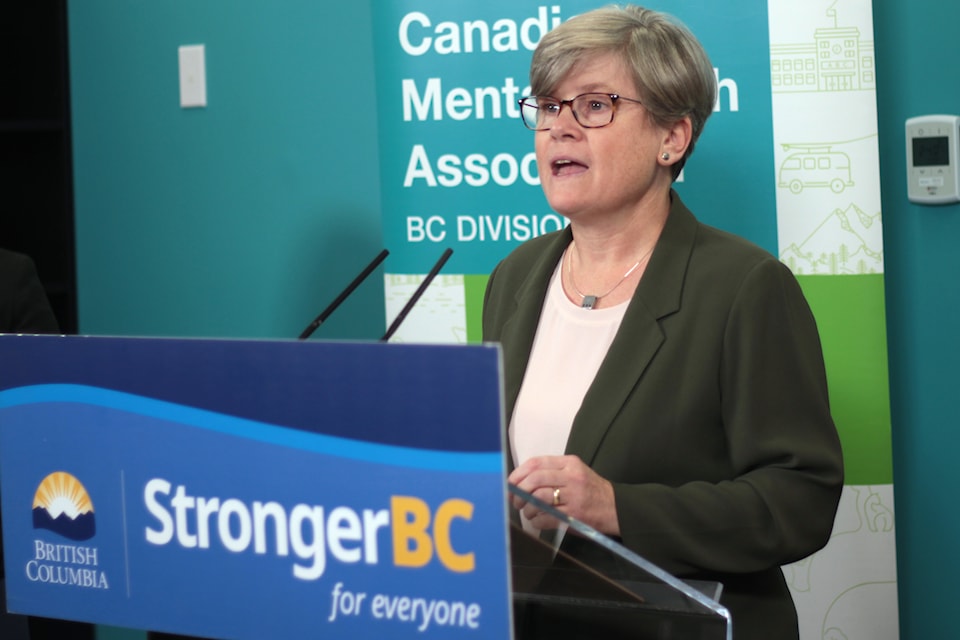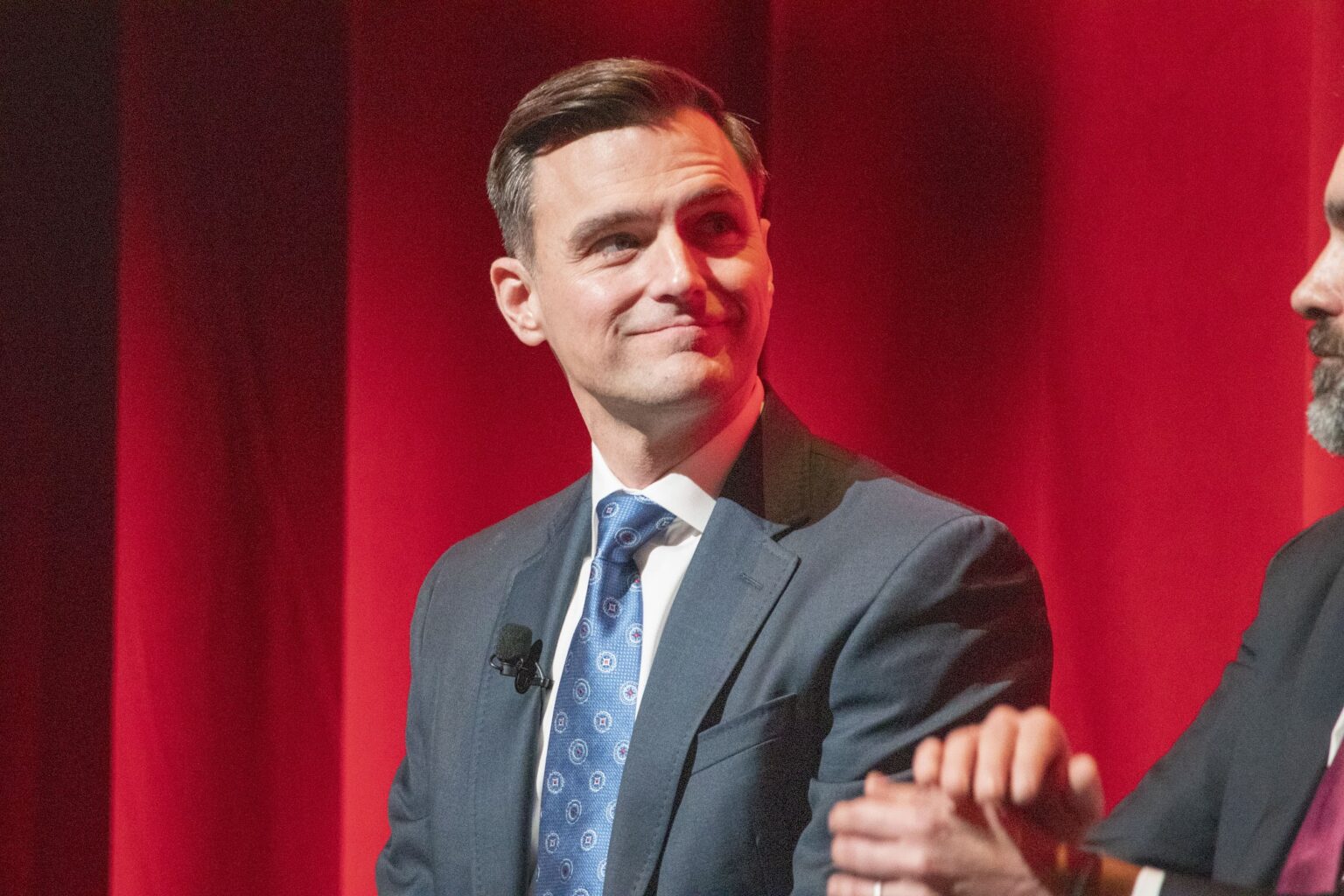GOP wants cost cuts in exchange for revenue hikes
Published 8:00 am Wednesday, January 25, 2017

- OREGON CAPITAL INSIDER - The Oregon Capitol building in Salem
SALEM — Driving a hard bargain one week away from the legislative session’s commencement, Republican state legislators say they’d be willing to consider revenue reform — but only if there are changes to the other side of the state’s ledger.
Without any new revenue, the state has $1.8 billion less than it needs to maintain the current level of state services, according to the co-chairs of the legislative Joint Ways and Means Committee, which writes the state’s budget.
Rep. Cliff Bentz, R-Ontario, vice chair of the House Revenue Committee, suggested this week that a “broad-based consumption tax,” coupled with changes to the state’s income tax, could be one way to strike a compromise between business groups and public labor advocates.
But he and other Republicans are adamant that they won’t agree to making changes to taxes without first addressing the state’s costs, including the state’s pension system.
Democrats don’t have the three-fifths majority they need to pass revenue-raising measures, so in order to avoid the drastic cuts to services they’ve warned of, they need to craft a resolution that will be palatable to lawmakers on the other side of the aisle.
Senate Minority Leader Ted Ferrioli, R-John Day, says he would also be amenable to an increase in the gas tax to support transportation funding — which is another major issue going into the session that kicks off Feb. 1.
Ferrioli said that crafting the state’s tax system is, and will be, a balancing act.
“All those things — property tax, income tax, business taxes, corporate taxes, they’re all connected and all hydraulic,” Ferrioli said. “The conversation that will occur, I believe, is how do you find the sweet spot that sustains job growth in Oregon and provides enough revenue for running our infrastructure, and also provides some tax relief in strategic areas?”
Republicans say that before making changes to taxes, they want concessions from union groups on the costs of the state’s public pension system — a high hurdle to leap.
The most recent attempt to reduce the costs of the Public Employees Retirement System, or PERS, in 2013, was found largely unconstitutional by the Oregon Supreme Court in 2015.
Future obligations are at least $22 billion more than the system can pay.
Regular increases in employee costs and benefits are a significant factor in driving up the state’s expenses every year, according to a 2010 “reset report” on the state’s budget authored during former Gov. Ted Kulongoski’s administration.
That report explained, among other phenomena, how the state’s revenue structure leads to revenue instability.
Both Democratic and Republican lawmakers have echoed this observation.
The state’s general fund relies largely on income taxes, which can fluctuate wildly with swings in the economy.
Couple that with the fact that Oregon’s economy is typically more extreme than the overall economy — dipping lower in recessions and rising higher in times of prosperity or recovery — and you get a pattern resembling the Swiss Alps, as state economists have pointed out.
Bentz says that the cost discussion has to start with public employee unions.
Should they agree to cut back, Bentz thinks three kinds of a consumption tax could be among the possibilities: a gross receipts tax, a value-added tax, and a commercial activity tax.
Each type, says Bentz, would ideally be broader-based than Measure 97, which would have imposed a 2.5 percent gross receipt tax on certain C-corporations with more than $25 million in annual sales.
Whichever type leaders propose, it would ideally in turn be complemented by reductions in income taxes, Bentz said.
House Minority Leader Mike McLane, R-Powell Butte, described his two conditions for agreeing to revenue changes: first, making the tax atmopshere more consistent for business owners; second, addressing costs, including PERS.
McLane argues businesses are asking themselves, “When does it end? If we make this investment in Oregon, how do we know the tax structure in Oregon just doesn’t change?”
He pointed to Measure 97 as an example of what he characterized as the prevailing political attitude toward business. Both Oregon Gov. Kate Brown and Oregon Speaker of the House Tina Kotek advocated for the measure.
The proposal also mobilized the business lobby, which fought tooth and nail — and paid mightily — to defeat it at the ballot box.
According to Ferrioli, the starting point for negotiations on McLane’s second condition — addressing costs, including PERS — is a list of possible changes to PERS that’s been the focal point of a legislative work group led by Sens. Betsy Johnson, D-Scappoose, and Tim Knopp, R-Bend.
Two bills were introduced in the Oregon Senate this month reflecting some of those ideas, including changes to how benefits are calculated. They have faced preliminary vetting by Legislative Counsel.
Unions said back in September that those potential changes that are now bills would not significantly reduce the system’s unfunded liability because, legally, any changes lawmakers make can’t touch benefits already accrued.
Kotek, Oregon’s Speaker of the House, said Monday that while PERS has been the focus of the business community, it is not the only driver of state costs.
“I think there is a relatively simplistic understanding among some folks in the business community that there is only one problem and that cost driver is PERS,” Kotek said Monday at a meeting of the Pamplin Media Group’s Editorial Board. “I don’t agree with that. I think it’s a cost driver, but you have to remember the ballot measures that the voters passed in November, have, practically, an equal amount of additional expense on the state budget, over $300 million. So there are a variety of things that people want us to do, and trying to figure all that out remains to be seen.”
Ballot measures that voters did approve this fall to fund veterans’ services, outdoor school programs and career and technical education added approximately $357 million in additional costs, according to the preliminary spending plan released by legislators last week.
Senate President Peter Courtney, D-Salem, said Monday that the unions and business groups had not yet come together to hammer out a compromise.
“I’m very discouraged right now,” Courtney said. “We do not have them in the room together.”
Brown has also suggested a number of smaller tax measures in the budget she released in December — such as an increase in the cigarette tax — that together, if approved, her office estimated would raise nearly $900 million in new revenue.
All that new revenue requires multiple votes on taxes, Courtney said.
“Are you kidding me? I get one damn tax vote out of this session,” he said.





